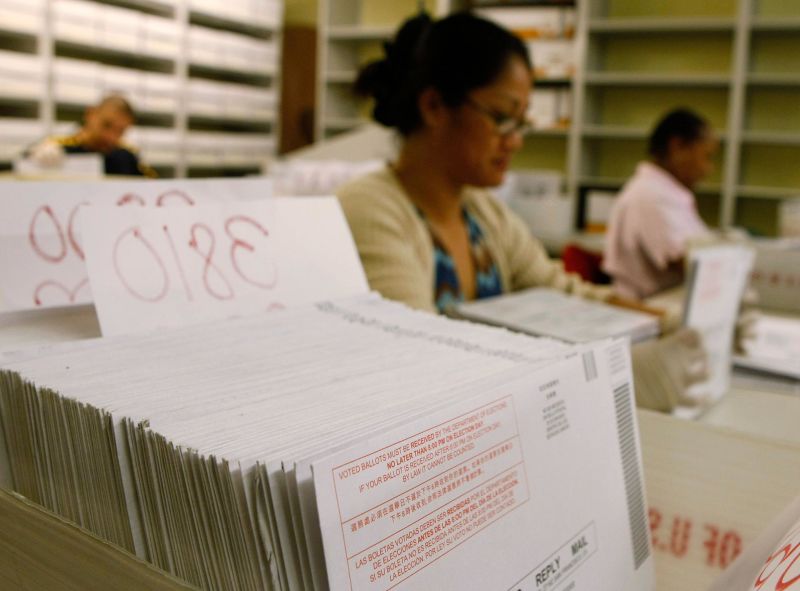In a 6-1 ruling, the California Supreme Court on Monday said the state Legislature does have the authority to put advisory questions on the ballot. The ruling stems from a case involving Proposition 49.
The 2014 advisory measure would have asked California voters whether Congress should overturn the U.S. Supreme Court's Citizens United decision on political spending. The court blocked the measure from that year's ballot while it decided whether advisory questions were legal. Monday's ruling clears the way for the Legislature to put the question on a future ballot.
But Loyola Law School professor Jessica Levinson says the decision is limited.
“What we have here is the majority treading the middle ground, saying the Legislature can put nonbinding questions, advisory measures, on the ballot if there’s some connection between the question and legislative activity," she says.

